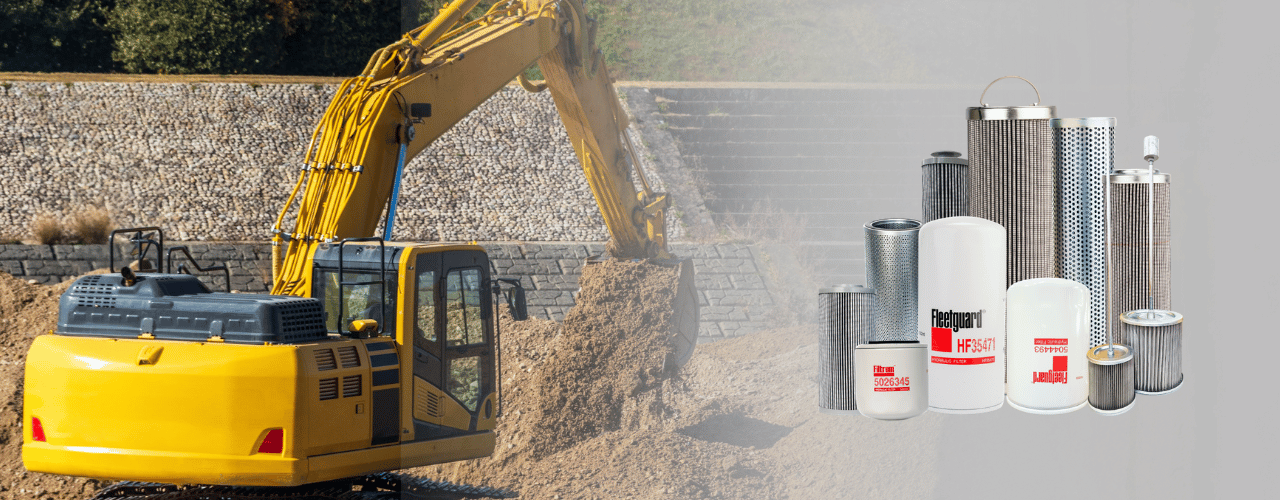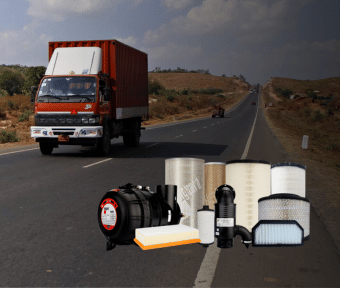Product | 07 Dec 2018
A fuel filter is an integral part of the fuel system. Fuel filter ensures that only clean fuel, bereft of dirt, debris, and other contaminants, is supplied to the engine. A fuel filter works through its life, protecting the critical parts of the engine, by filtering out foreign particles that can potentially damage a fuel injector. There is a complex mechanism which goes behind the filtration of fuel as there are a number of impurities to be tackled. The Most common contaminants are water and debris which can have disastrous effects on your engine. Here’s how:
The Impact of Impure Fuel on Your Engine
With a diesel engine, one of the easiest mistakes to make is negligence in the maintenance of fuel. Impure fuel can severely damage your engine, resulting in costly repairs in the long run. There is a multitude of contaminants which can occur in the fuel. The effects of some of them can be fathomed below:
- Effect of Water on Fuel
Water is one of the greatest enemies of any diesel-fueled equipment. All fuels contain some amount of water, but unlike others, diesel is less refined and will hold a much larger amount. Unless there’s a reliable diesel engine filter in place, it’s not possible to protect the engine fully. Fleetguard's three-stage fuel filter provides excellent water removal over the life of the filter.
- Effect of Debris on Fuel
The presence of debris in fuel is notorious. Debris could be a result of rust or metals wearing off the components. The immediate effect is that they clog the fuel injectors, hence damaging the fuel pump. It is best to replace a fuel filter so that damage won’t be done to these expensive components of your fuel system.
The Important Role of a Fuel Filter
The fuel is adversely affected by a variety of impurities. If these substances are not removed before the fuel enters the system, they will cause rapid wear and tear of the fuel pump and injectors, due to the abrasive action of the particles. It then becomes necessary to filter the unpurified fuel and clear it off the existing contaminants. A fuel filter plays a vital role in today’s engine fuel systems such as:
1. Cooling - The fuel filter provides cooling by retaining the undesired heat in the infusion framework
2. Lubrication - It provides lubrication and avoids friction of the moving parts in the fuel bolster and infusion pumps. Thus, reducing the wear and tear of the components and ensuring smoothness in mobility.
3. Cleansing - This is the key function of the filter wherein the external contaminants are stopped from reaching the critical component of the system and avoid undue damage. This in turn increases the efficiency, improves the quality and potentially decreases your expenses by avoiding or deferring system failures.
A fuel filtration system provides the best defense for sensitive fuel system components while enhancing the engine performance.








